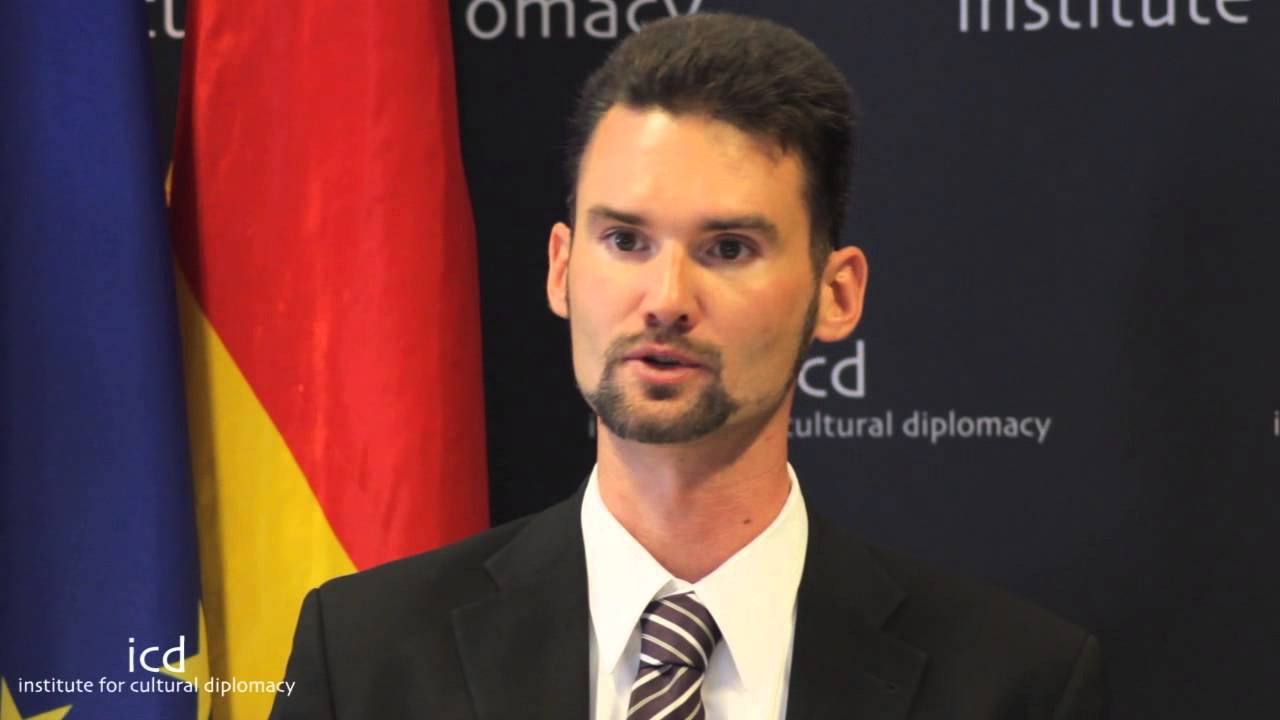
For our weekly “Ideas on Europe” editorial by UACES, the University Association for European Studies, we welcome Daniel Hegedüs from the Berlin Office of the German Marshall Fund of the US. Bonjour, Daniel!
Daniel, you are a researcher on Central and Eastern Europe and like all of us you must be preoccupied by the ongoing war. Still, it is important not to forget the calendar of democracy.
That’s true: 2022 will be a crucial year for democracy and rule of law both in Hungary and the European Union. Hungary’s decade long autocratization has already damaged the EU’s democratic image and credentials. Now, the April 2022 Hungarian elections offer a fair chance to get rid of the government of Prime Minister Victor Orbán, the EU’s longest serving illiberal strongman, whose 12 years long rule transformed a democracy within the EU to a hybrid regime.
The chances of Hungary’s opposition have never been better over the past 12 years. The six parties of the democratic opposition — covering the whole political spectrum from traditional social democracy through liberal and green parties to the former radical-right party Jobbik — agreed to run as an electoral alliance with one election list and one candidate in each of the 106 single-member-constituencies. To boost democratic participation and the opposition’s visibility, a landslide primary campaign was organized in the autumn of 2021 which attracted 80,000 Hungarian citizens to participate.
Nevertheless, the quest of the democratic opposition remained an uphill battle.
The main question is whether the elections will be conducted in fair and democratic manner.
The problem is that the country’s political and electoral system, campaign rules and media environment together create an uneven political playing field that provides strategic advantages for Orbán’s Fidesz party.
The OSCE electoral observation mission already noted in 2018 that they created a “pervasive overlap between state and ruling party resources” which undermined “contestants’ ability to compete on an equal basis” and hindered “voters’ ability to make a fully-informed choice”.
Aside of the systemic advantages enjoyed by Fidesz, the integrity of Hungarian elections decreased significantly over the past elections as well.
Election watchdogs already documented significant and widespread election day irregularities during the April 2018 parliamentary elections, including forged protocols, intimidation of voters and poll workers, and electoral clientelism involving large-scale vote buying. Since then, the amount and scale of such irregularities has grown from election to election, heavily impacting the integrity of the 2019 European Parliament and municipal elections in Hungary too.
Moreover, in November 2021 the Orbán-government practically legalized ‘voter tourism’ in Hungary, allowing manipulation of electoral rolls and the en masse registration of Hungarian citizens de facto living in neighbouring countries, especially in so-called ‘battleground districts’.
The OSCE Office for Democratic Institutions and Human Rights (ODIHR) recognized the well-founded nature of these concerns when it decided in February 2022 to recommend the deployment of a full-fledged election observation mission with 200 short-term and 18 long-term election observers to Hungary.
But that’s extremely rare within the European Union!
It is! But the deployment of a full mission to Hungary is a crucial positive development with regard to the country’s forthcoming elections on the 3rd of April. Perhaps the mission may be able to deter the incumbent party from rigging the elections. Or at least document election day irregularities in a systematic and trustworthy manner. Now OSCE Member States should live up to their commitment and send election observers in substantial numbers to Hungary.
Will the Russian aggression against Ukraine have an impact on the election?
That’s unforeseeable, although the discontent and disillusionment with Orbán’s pro-Putin policy became apparent right after the invasion. If the Fidesz-government won’t be able to fully readjust its policy responses to the EU mainstream, that could threaten Orbán’s political survival.
Whether Hungary can get a chance for re-democratization or will continue its journey toward authoritarianism will be in a large extent decided on April 3. And it’s not only a question of Hungarian democracy, but a truly European issue.
It certainly is, and we have addressed it regularly on Euradio over the last years.
Many thanks, Daniel, for taking the time so share your insight with us.
“Ideas on Europe” will be back next week. We will welcome Borja Garcia, from the University of Loughborough, in England.





